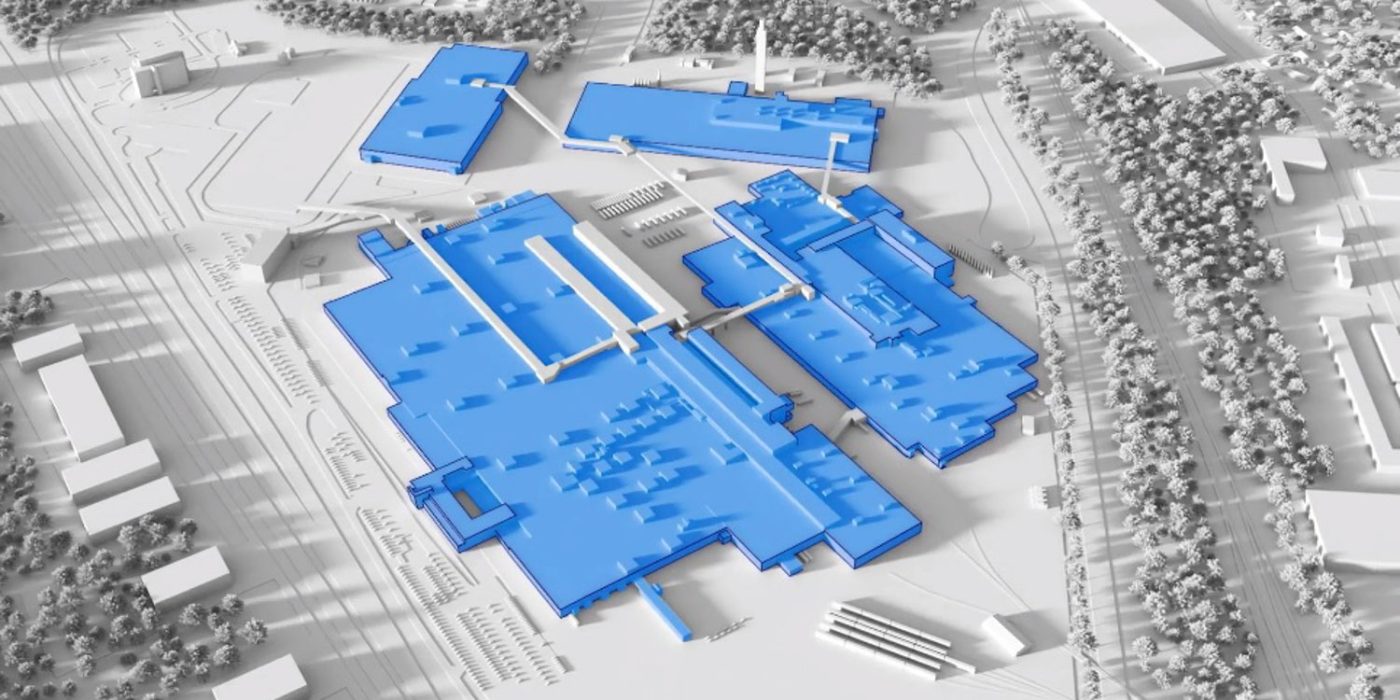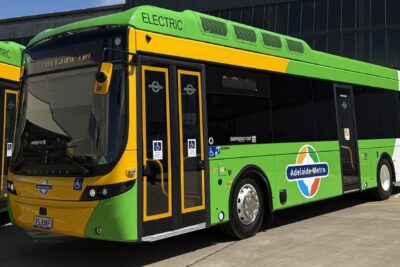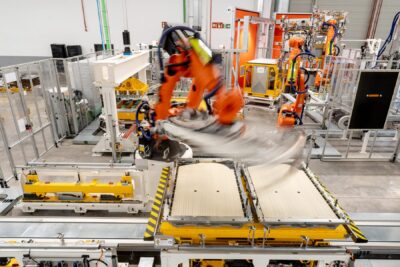Ford to convert factory in Canada to EV centre
Ford has announced a 1.8 billion Canadian dollar (€1.2 billion) investment to transform the Oakville Assembly Complex in Ontario into a Canadian electric vehicle manufacturing centre.
This EV centre is to include the assembly of vehicles and battery packs. In the course of this, the site will also be renamed from Oakville Assembly Complex to Oakville Electric Vehicle Complex, according to the US manufacturer. The conversion work is to begin in the second quarter of 2024. From 2025, Ford then wants to start “the production of next-generation electric vehicles”. The announcement does not come as a surprise, however: the CAD 1.8 billion investment in the EV conversion of the plant has already been known since September 2020 as part of a settlement with the Unifor union.
A production capacity for the electric vehicles and also the battery packs are not mentioned in the announcement, nor are the concrete models that are to come off the production line in Oakville. However, the American company does mention turning Oakville into a “high-volume manufacturing hub for North American EV production”. This, they say, is “key to Ford’s plan to reach a global production run rate of 2 million EVs annually by the end of 2026”.
The plant, which opened in 1953, currently has 3,000 people producing the Ford Edge and Lincoln Nautilus models. The latter, with a length of just under 4.85 metres, is more of a mid-sized SUV in North America. The second generation of the Ford Edge is even officially offered by Ford in Europe. In view of the current SUV production, the production of E-SUVs in the size class of less than five metres also seems likely for the future.
Ford is more specific about the batteries and announced that a 38,000 square metre battery assembly plant is to be built in Oakville. There, cells and modules from the BlueOval SK Battery Park in Kentucky will be assembled into ready-to-install battery packs. It is not known whether this will only be done for on-site vehicle production or whether other vehicle plants will be supplied with battery packs from Oakville.
“Canada and the Oakville complex will play a vital role in our Ford+ transformation. It will be a modern, super-efficient, vertically integrated site for battery and vehicle assembly,” said Ford CEO Jim Farley. “I’m most excited for the world to see the incredible next-generation electric and fully digitally connected vehicles produced in Oakville.”
“Ford’s transformation from gas to electric vehicles is well underway. Once complete, the Oakville Electric Vehicle Complex will secure thousands of well-paying jobs for our hard-working Canadian autoworkers and boost the competitiveness of Canada’s auto sector,” said François-Philippe Champagne, Minister of Innovation, Science and Economic Development of Canada. “The partnership between Ford and Canada helps to position us as a global leader in the EV supply chain for decades to come.”





0 Comments